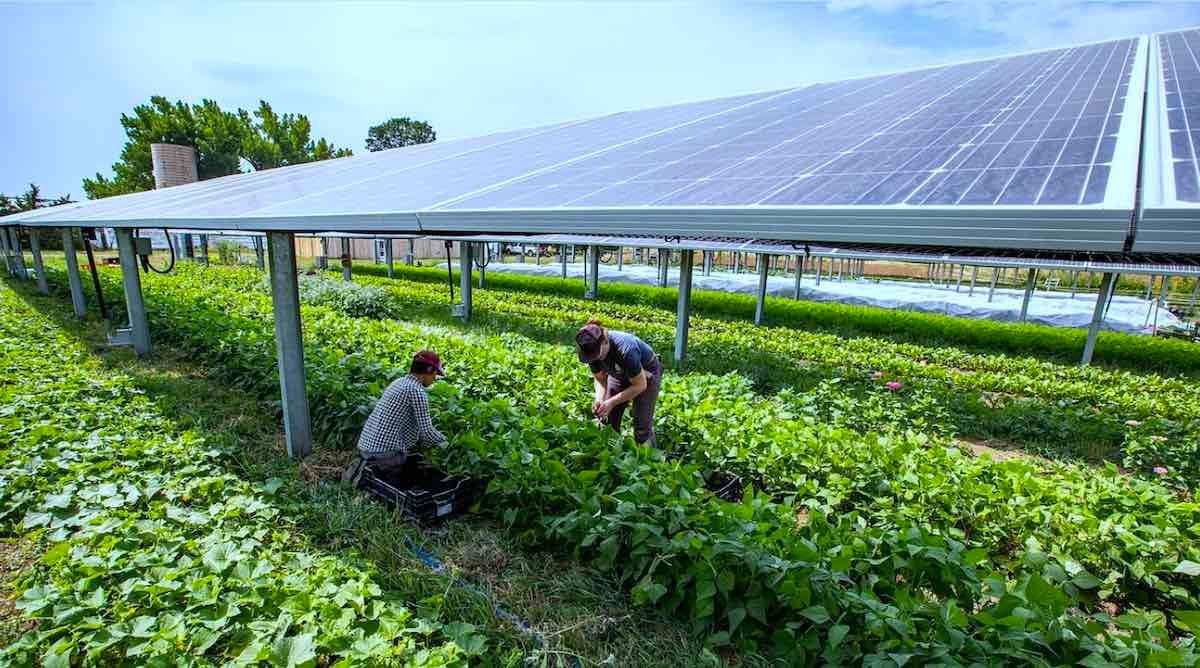Puerto Rico coronavirus statistics for December 21
According to the Puerto Rico Health Department, 119,172 people are believed to have been infected with COVID-19, an increase of 8,743 since December 14, when the total was 110,429. This points to a slight decrease in the rate of new cases, as the increase between December 7 and December 14 was 9,001. The rate of deaths, meanwhile, increased significantly: the death toll is currently 1,382, with 100 people having died during the last week. Comparatively, 79 people died from the virus between December 7 and December 14. Puerto Rico broke its single-day record for reported deaths on December 20, with 26 reported deaths, a fact which Puerto Rico Health Secretary attributed to infections taking place on Thanksgiving Day.
Puerto Rico reached the 100,000-case mark on Sunday, December 6.
Beginning on November 7, the Health Department changed the way it recorded cases, splitting them between confirmed cases (as determined by molecular diagnostic testing), probable cases (as determined by antigen testing) and suspicious cases (as determined by serological, non-diagnostic testing). Viewed through that prism, Puerto Rico has had 65,064 confirmed cases, 3,785 probable cases, and 50,323 suspicious cases since the virus arrived on the Island.
There are currently 520 people hospitalized due to COVID.
Distribution of authorized COVID vaccines has now begun, with the National Guard having distributed 29,775 doses of the Pfizer vaccine as of Sunday. Puerto Rico is expected to receive 2,400 doses of that vaccine per week, as well as 47,500 doses of the Moderna vaccine. In accordance with established protocol, it is first being widely distributed among healthcare workers and those working or living in facilities with a high concentration of the elderly.
Senate Minority Leader Schumer downplays significance of status referendum
Senate Minority Leader Charles Schumer (D-NY) indicated during an interview with El Nuevo Día that the time was not yet right for Congress to take action regarding the Island’s status. “Puerto Ricans are the ones who must decide the political status of the Island and Congress must respect the people’s will. I’m listening to leaders in all Puerto Rico, in New York and the Island, and there is still no consensus, there’s division.”
The Senate Minority Leader, whose exact role in the next Congress will be determined by the result of two Georgia runoff elections in January, added that “under [Senate Majority Leader] Mitch McConnell’s leadership, PROMESA has followed the will of bondholders rather than that of the people of Puerto Rico.[…] Under the Biden administration and with myself as majority leader we will have dramatic reform of the [Financial Oversight and Management] Board so that it will follow the will of the people.” He also touted his newest nomination to the Board, Betty Rosa, currently serving as acting commissioner of Education in New York. Additionally, he spoke out against FEMA’s moves to restrict the development of clean energy in Puerto Rico, stating that “FEMA has been terrible for Puerto Rico.”
Puerto Rico Education Department, FOMB, paint differing pictures of the Island’s education landscape
As the academic semester ends, it is not yet clear just how many of Puerto Rico’s students have received equipment enabling them to continue their education from home. While the Financial Oversight and Management Board (FOMB)’s Education Reform director, Karen Maldonado, has claimed that 30% of public-school students have not received the laptops and tablets that they required, the Puerto Rico Education Department states that almost all the equipment has been distributed. Additionally, the two entities have differing estimates of how many students have attended their online classes.
Education Secretary Eligio Hernández Pérez claimed that nearly all of the 301,030 computers and tablets purchased have been distributed to 856 schools, and only seven of them have not distributed them to students. Additionally, he pushed back against the FOMB’s claim that 70% of teachers have not adequately recorded student attendance, noting that many teachers simply do not do so daily, leading to lag in information. He also contradicted the claim that the Education Department does not know how many students are taking classes.
The restructuring of the Puerto Rico Department of Education has been one of the main goals of Puerto Rico’s fiscal plans since the Board was formed, and the closing of 255 schools has been central to the strategy to find savings.
Subsequent budget Cuts would render UPR inoperable, says university president
During the past four years, the Puerto Rican government has steeply cut funding for the University of Puerto Rico (UPR), reducing its investment in the Island’s top institution of higher education by 40%, or $333 million. Additional cuts, such as the $94 million cut projected for next year, would leave the university without funds for payroll or operational costs, says Jorge Haddock, the university’s president.
The university has managed to actually increase its overall budget in the past few years, and plans to take measures such as selling or leasing some of the properties it inherits but has no use for. Once again, it is increasing the cost of classes, from $124 per credit to $145 per credit. Haddock is urging the government to maintain its current level of funding, $501 million, without additional cuts. “We are asking the government to continue that investment because that investment in the UPR is an investment in the economy and social mobility of the Puerto Rican people,” he said.
Share
STAY IN THE LOOP
Subscribe to our free newsletter.
La organización BoricuaActivatEd celebró su séptimo aniversario con reconocimientos al líder de la red evangélica Esperanza y de la comunidad boricua de Filadelfia, Luis Cortés, y el legendario artista Antonio Martorell. Cortés, premiado por su
tudy: Economy leading factor for Puerto Ricans moving to Florida A new survey unveiled Monday in Washington, D.C. sheds new light on factors contributing to Puerto Ricans moving to the state of Florida. The Puerto
New federal funds for solar, battery storage announced The Department of Energy (DOE) on Thursday announced a conditional commitment to finance new solar and battery storage facilities on the southern coast of Puerto Rico. The investment




